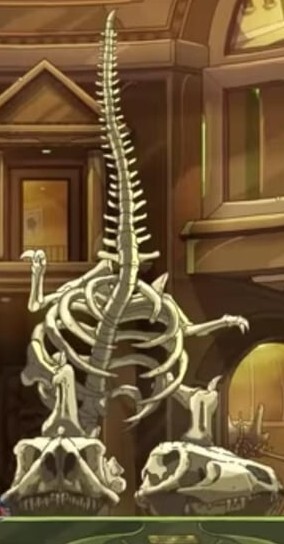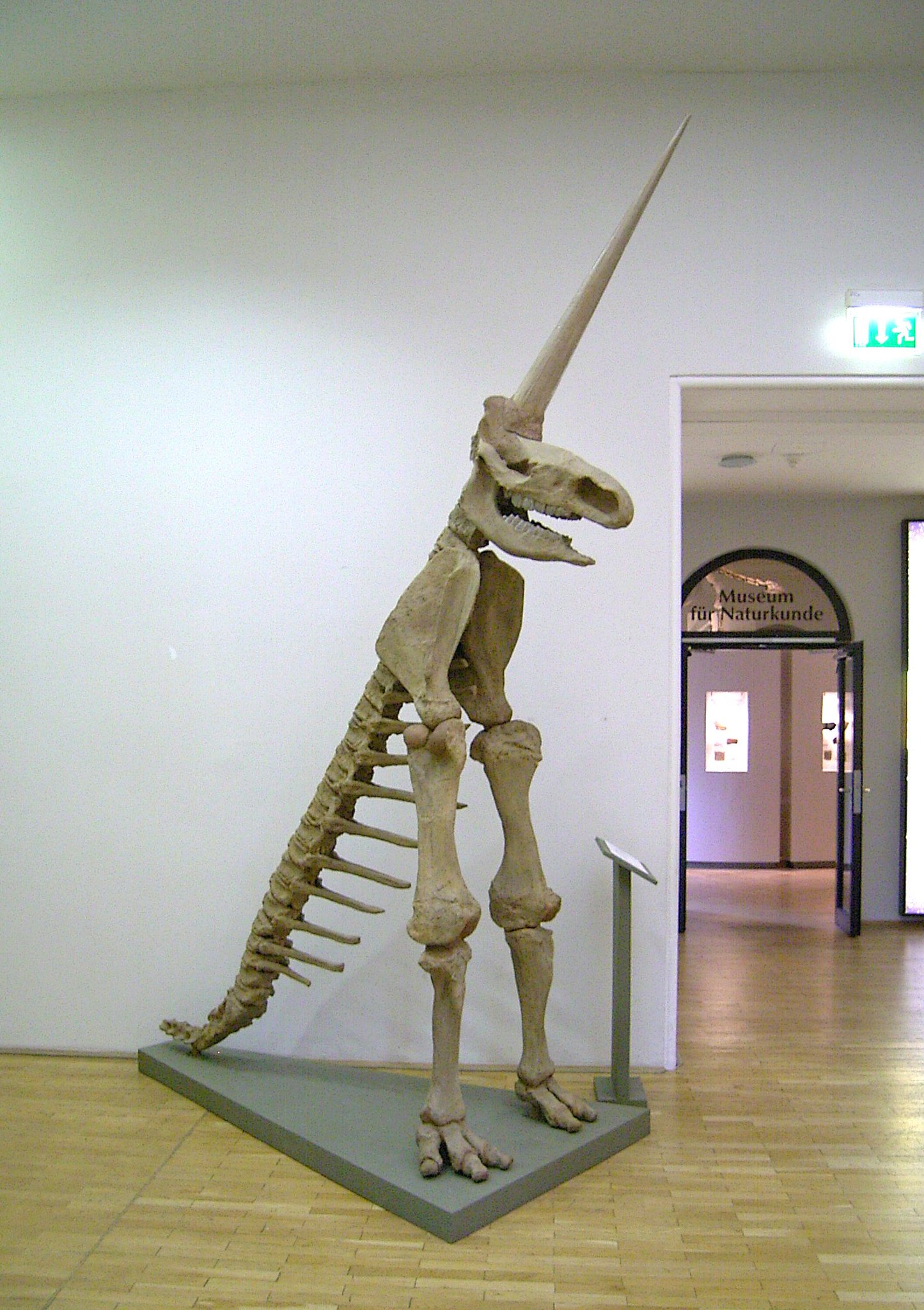I don't think dinosaurs were taking x-rays of beaver tails, my dude. Go read a book sometime.
Science Memes
Welcome to c/science_memes @ Mander.xyz!
A place for majestic STEMLORD peacocking, as well as memes about the realities of working in a lab.

Rules
- Don't throw mud. Behave like an intellectual and remember the human.
- Keep it rooted (on topic).
- No spam.
- Infographics welcome, get schooled.
This is a science community. We use the Dawkins definition of meme.
Research Committee
Other Mander Communities
Science and Research
Biology and Life Sciences
- !abiogenesis@mander.xyz
- !animal-behavior@mander.xyz
- !anthropology@mander.xyz
- !arachnology@mander.xyz
- !balconygardening@slrpnk.net
- !biodiversity@mander.xyz
- !biology@mander.xyz
- !biophysics@mander.xyz
- !botany@mander.xyz
- !ecology@mander.xyz
- !entomology@mander.xyz
- !fermentation@mander.xyz
- !herpetology@mander.xyz
- !houseplants@mander.xyz
- !medicine@mander.xyz
- !microscopy@mander.xyz
- !mycology@mander.xyz
- !nudibranchs@mander.xyz
- !nutrition@mander.xyz
- !palaeoecology@mander.xyz
- !palaeontology@mander.xyz
- !photosynthesis@mander.xyz
- !plantid@mander.xyz
- !plants@mander.xyz
- !reptiles and amphibians@mander.xyz
Physical Sciences
- !astronomy@mander.xyz
- !chemistry@mander.xyz
- !earthscience@mander.xyz
- !geography@mander.xyz
- !geospatial@mander.xyz
- !nuclear@mander.xyz
- !physics@mander.xyz
- !quantum-computing@mander.xyz
- !spectroscopy@mander.xyz
Humanities and Social Sciences
Practical and Applied Sciences
- !exercise-and sports-science@mander.xyz
- !gardening@mander.xyz
- !self sufficiency@mander.xyz
- !soilscience@slrpnk.net
- !terrariums@mander.xyz
- !timelapse@mander.xyz
Memes
Miscellaneous
Don't velociraptors have xray vision though?
That's why they're called velociraptors.
I thought they were called like this because of their love of bicycles.
Nah, you're thinking of the much more dangerous "acceleraptors". Velociraptors were very different from how they are commonly portrayed.
This may seem cheesy or pathetic, and I apologize for that, but I want to say: thank you for catching me off guard with your silly comment and giving me a badly-needed smile and laugh when I'm fucking miserable and in a lot of pain. It's been a while. Seriously, I appreciate it. You're a hoot :)
Idiot, why do you think We can see all their bones?
No. This was created by someone who has no idea how any of this work. Soft tissues leave marks on bones.
Soft tissues can also become fossils under the right conditions. For an example, here is the fossil used for the B. markmitchelli holotype:

It’s the single most detailed and complete soft tissue fossil ever discovered. It took the technician six years to extract and separate the fossil from the surrounding stone. The technician’s name is Mark Mitchell, and the species was named after him.
The articles on that are a fascinating read, thank you!
Don't ruin my dream of fluffy dinosaurs 😭
Smaller dinosaurs might have had fluff, bigger ones probably didn't, like most big mammals. Bigger body, more heat to dissipate, but less relative surface to do so; the square-cube law can be a bit of a bitch, for big (probably at least somewhat) endothermic critters.
Giraffes have hair, though, and woolly mammoths were a thing, so big fluffy dinosaurs might have been a thing, especially in colder climates.
Also, looking at bird behaviour, I wouldn't be surprised if even mostly bald dinos had some colorful feathers on their arms, tail, or head for displaying...
Too late, i already imagined a flat-tailed T-rex.
Soft tissues leave marks on bones
Could you explain how they leave marks?
Your bones aren't just swimming around in a sea of muscles. They are attached to the muscles and sinews. So those places where they are attached are formed in specific ways depending on what is attached.
Also, as you move throughout your life, those attachments can cause stress in places that build up, and your bones will show all of that. For instance, even though all humans have the same soft tissue connection points, we can tell by a skeleton whether a person had a life of hard labour vs relative luxury, whether they were an archer with stronger and more stressed arm muscles, etc.
If tail vertebrae, for instance, have spent their life supporting and moving a heavy amount of soft tissue, those connection points will look much different than a similar tail of skin and bone with far less weight to bear.
So now, we have a pretty good idea not only where soft tissues attached, but their relative size, strength, and use.
So one of the biggest leaps they have made in reconstruction over the last few decades is matching similar bone structure that supports soft tissue. It doesn't work for all soft tissue, but if the beavers tail bones have bumps or other features that hint at supporting extra soft tissue there is a chance.
All the stuff birds have, like inflatable neck sacks and feathers that move with muscles are examples of things we absolutely wouldn't get with fossils that are even better than a beaver tail.
Well, now I want to see an artist's rendition of a T. rex doing this:

The Prehistoric Planet documentary series does it with sauropods, it’s pretty sick.
The idea of non-avian dinosaurs with the diverse features and behaviors birds have is very fun to me, and I hope fictitious depictions of birdsaurs becomes as common as classic dinosaurs's.
I always appreciate an enthusiastic and educational response to situations like this.
Fossils many times are more than bones and we get actual imprints of their whole tail or other parts of them
I mean… you can see the processes (bony protrusions on the vertebrae) are long and flat and only transverse (sticking out the sides, not up/down) so… it would be pretty obvious it was a flat tail? Sure maybe they might not get that it wasn’t fuzzy without any fossils if it, and maybe they make it slightly less round, but they’re scientists not idiots. Yeah some has come a long way and some older models sucked sure but it ain’t like we are vibe coding their appearance.
Vibe coded lion:

It’s only obvious because you already know what a beaver looks like.
I mean, no?
You can see no vertical protrusions of the vertebrae so there’s going to be A: vertical movement as muscles can best attach to pull up/down. And B: a likely flat structural rail with how wide the horizontal protrusions are. C: nothing sharp or heavily weighted at the end so likely not a huge weaponised tail like a thagomizer. So… you’ve got a probably flat tail, than can slam down on stuff.
Now figuring out WHY it was like that would require being able to find fossils around rivers and being able to tell those rivers had dams or something cuz idk how they would figure out exactly how they use their tails but… yeah you can figure the general shape fine based on vertebrae anatomy which leads to (possible)muscle anatomy. Some bones don’t function the way they look and can throw stuff off. Someone else already mentioned stuff like air sacks in birds and such that would really throw off anatomy based on bone and assumed muscular structure from where bones could have attached muscles.
This is some real RFK level science here.
It’s sneaking up on creationist levels of ‘science’, like where they argue recreations of Australopithecus are just ‘imagination’ and present their own version of Lucy as as a quadriped, completely ignoring the overwhelming evidence from her skeleton that she could not have walked that way (and also ignoring that we have hundreds of other specimens of her species).
It really seems that lots of people’s conception of these fields is based on very outdated concepts, either unaware or ignoring all the evidence and advancements of the past 50 years or so.

All dinosaurs had beaver tails, got it!
Also the bones need to be in the right position

That is one cute beaver pic on the left. PM more of your beavers.
They always use mammals for that kind of comparison. Show me a reptile with that kind of muscle/fat composition.
The phylogenetic definition of reptile includes birds, so... Penguins, I suppose?
Birds? You mean the last remaining dinosaurs?
Dinosaurs were not reptiles. They were warm blooded, and birds descended from them.
Sure but also there are some fossils that DO have skin, and some even have preserved organs. And some have feathers, which is a pretty good indicator that there wasn’t some large feature we’re missing.
No doubt we are wrong on lots of counts, but I think we have good evidence for a lot of it as well.
One thing I wouldn't mind AI to do, train a model with standardised data like this, and have it match the reconstruction. After that it can use common and less common reconstructions. After that try to map as much info from a dinosaur fossil to said standardised data structure and generate possible reconstruction for said dinosaur
I like to imagine T. rex arms were small because that's how they communicated with their octopus rider.
They evolved to be small so they cold more easily fit into the actuator gauntlets that controlled the Gundam.
What a marvellous time for paleobootyology.
Now I want to see some pics of dinosaurs with beaver tails
They look at related and similarly adapted modern animals when trying to make visualizations of fossils, it's not all just guessing.
All dinosaurs looked like beavers of varying sizes and lengths.
